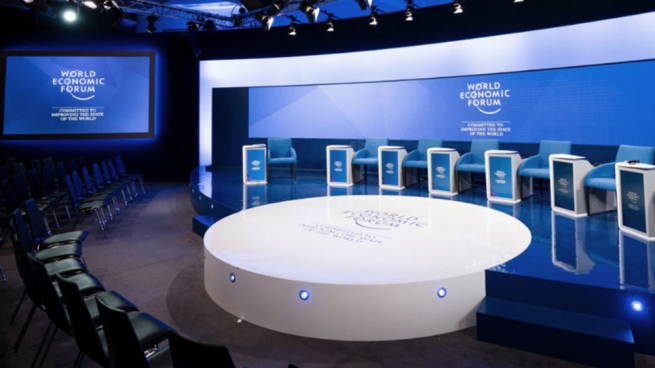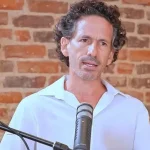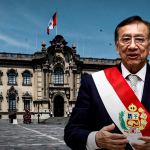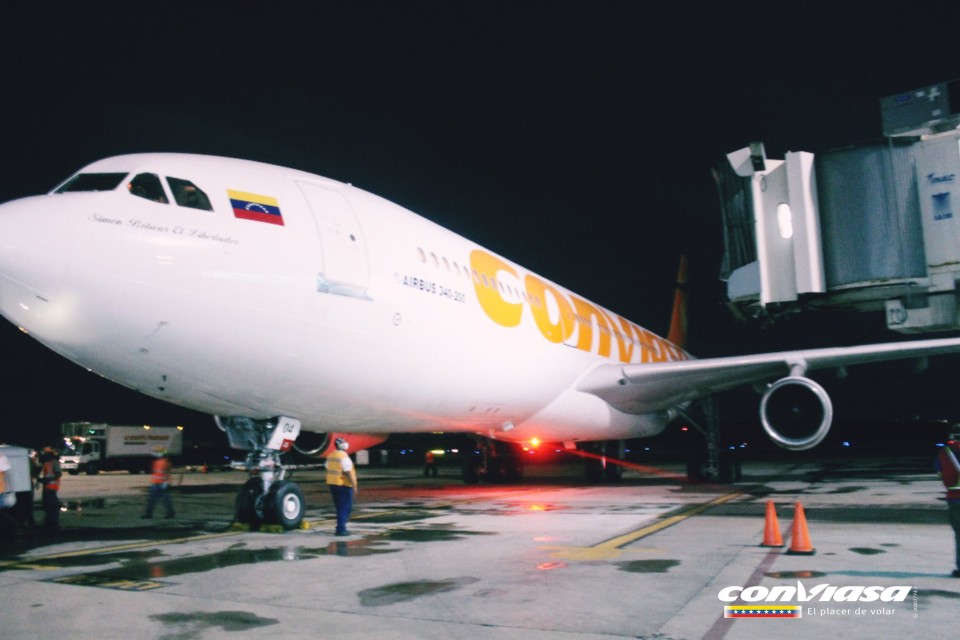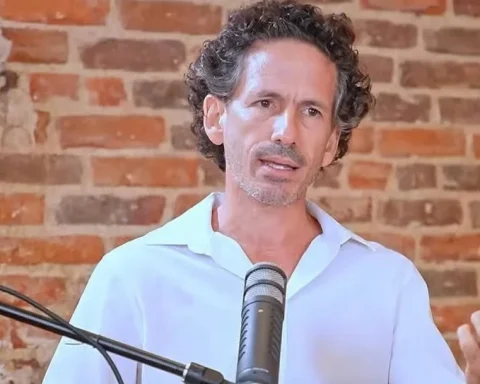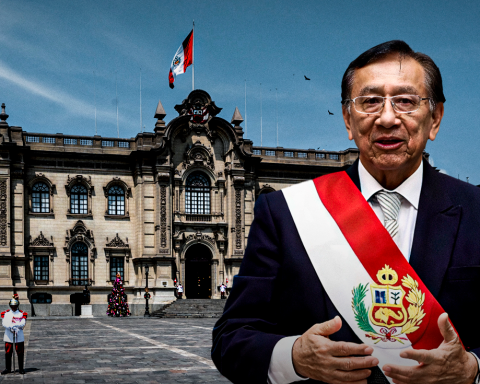The World Economic Forum (WEF, for its acronym in English) will meet again this Monday in person for the first time after two years, in Davos, Switzerland, where political, business leaders and different organizations will discuss the current world scenario, dominated by the coronavirus pandemic and the effects of Russia’s invasion of Ukraine.
The event will bring together more than 2,000 leaders and experts from around the world and will run until next Thursday.
The main axes of the discussions are expected to be the high prices -and its consequent scarcity, in many countries- of food and fuel, as well as the Russian invasion of Ukraine, climate change, severe economic inequalities and the rise of authoritarian regimes, apart from the lingering effects of the pandemic.
Among its main speakers will be the Chancellor of Germany, Olaf Scholz; the president of Ukraine, Volodymyr Zelenskiy; the US delegate for climate issues, John Kerry; NATO Secretary General Jens Stoltenberg; the president of the European Commission, Ursula von der Leyen; and the managing director of the International Monetary Fund (IMF), Kristalina Georgiev, among others.
It was exactly Georgieva, who on Sunday published an article together with the director of the IMF’s research department, Gita Gopinath, in which she assured that the Forum will take place at a time when in which “the global economy faces perhaps its greatest test since World War II”.
“We are facing a potential confluence of calamities,” Georgieva assured, warning about the problems related to world economic fragility and the need to find common solutions among countries that avoid “the costs of further disintegration.”
Great to be back in Davos! Global policymakers face a stark choice: surrender to the forces of geoeconomic fragmentation that will make our world poorer and more dangerous. Or reshape how we cooperate.
Let’s start by addressing four urgent issues:https://t.co/NjupEEDCdU pic.twitter.com/jJSX5WhTqI
— Kristalina Georgieva (@KGeorgieva) May 22, 2022
For it, He called on countries and companies to work on a series of challenges, including “reducing trade barriers to alleviate shortages and lower the prices of food and other products.” and to “intensify joint efforts to deal with debt”, given that about 60% of low-income countries have “significant vulnerabilities” and that “some will require debt restructuring”.
At the same time, called for “modernizing cross-border payments,” for which he proposed to create a “global public digital platform”, which allows money to be sent at a minimum cost and with maximum speed and security, in a scheme that also allows the inclusion of “various forms of money, including digital currencies of the bank central.
The last of the axes is climate change, which he pointed out as “the existential challenge that hangs over everything”, and which includes the need to “urgently close the gap between ambition and politics”.
The World Economic Forum was founded in 1971 and is usually held in January of each year, but for reasons of Covid it had a limited virtual version this year and, exceptionally, it is now held in May, resuming the face-to-face format.
